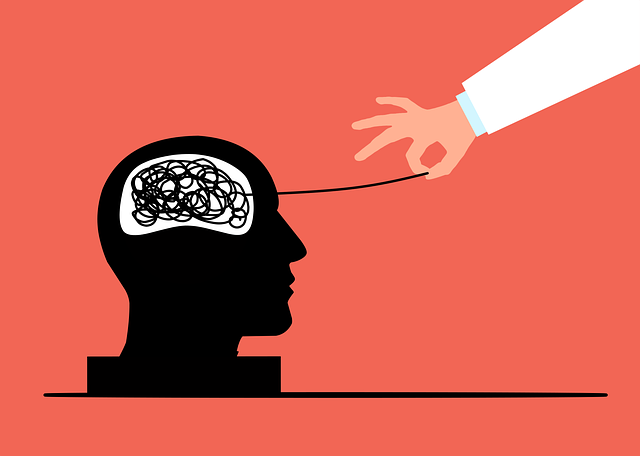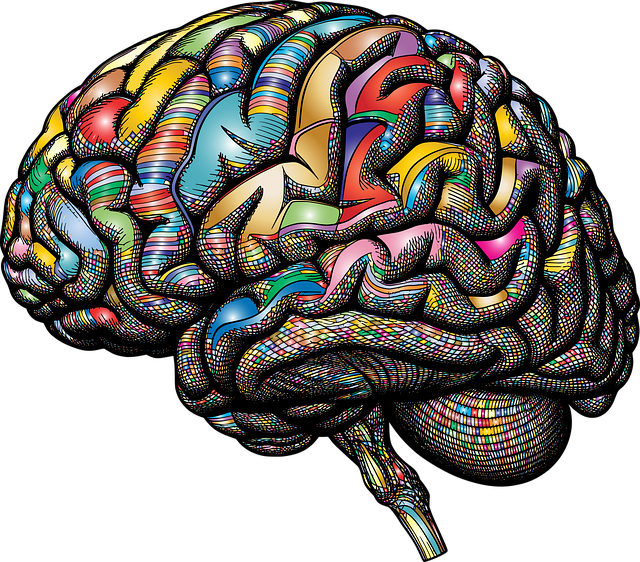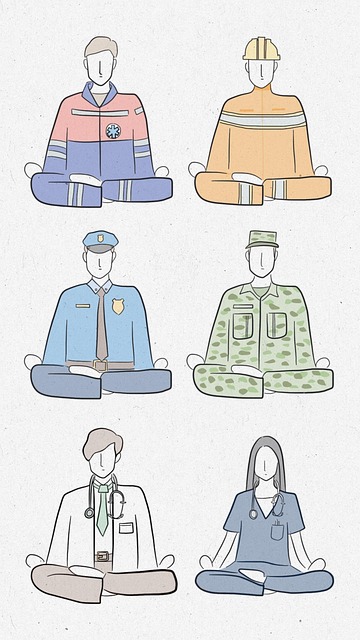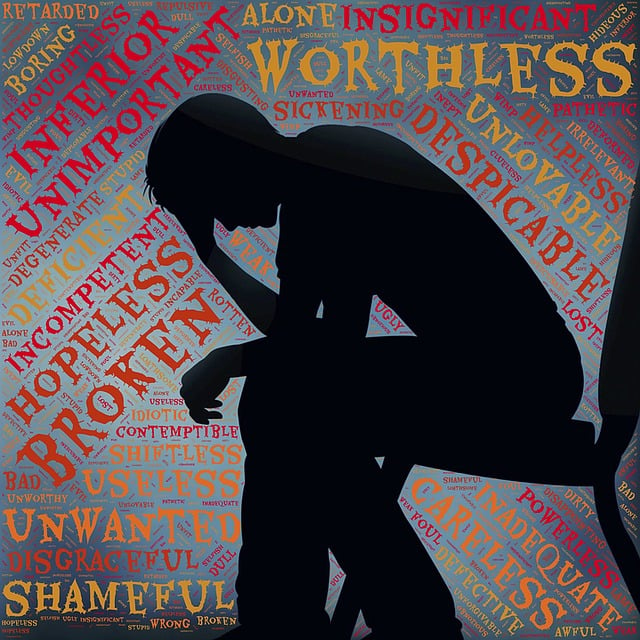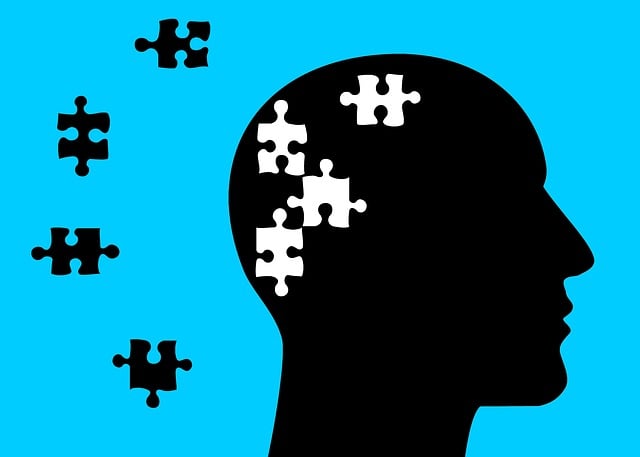Young adults face unique stressors that impact their mental wellness, prompting many to seek therapy as a safe space. Tailored resources like mental wellness coaching and Spanish-speaking therapy services empower them with coping strategies, addressing cultural barriers that often prevent access to mental health care. CBT and mindfulness techniques teach emotional regulation and stress management, while crisis intervention guidance offers immediate relief. Integrating these tools enables Spanish-speaking young adults to manage their mental health effectively.
Stress reduction is a vital aspect of overall well-being, especially for young adults navigating life’s challenges. This comprehensive guide explores effective methods to combat stress, addressing common triggers and offering practical tools. We delve into the transformative power of therapy as a safe space for healing, while acknowledging cultural considerations, specifically focusing on accessible support for Spanish-speaking individuals. By understanding these strategies, you’ll be equipped to manage stress daily.
- Understanding Stress: Unveiling Common Triggers for Young Adults
- The Power of Therapy: A Safe Space to Process and Heal
- Cultural Considerations: Accessible Support for Spanish-Speaking Individuals
- Effective Techniques: Practical Tools for Daily Stress Management
Understanding Stress: Unveiling Common Triggers for Young Adults

For young adults, stress can stem from various sources unique to their developmental stage and societal pressures. Common triggers include academic demands, career aspirations, financial strain, relationships, and social expectations. These stressors can significantly impact mental wellness, making it crucial for young adults to develop effective stress reduction methods tailored to their needs. Many find solace in therapy, which offers a safe space to process emotions, gain insights into their triggers, and acquire coping strategies.
Available resources such as mental wellness coaching programs and Spanish-speaking therapy services cater specifically to this demographic, ensuring they receive the necessary support in managing mood and reducing stress. These initiatives contribute to the holistic development of young adults by empowering them with tools to navigate life’s challenges more effectively.
The Power of Therapy: A Safe Space to Process and Heal

For many young adults, especially those from Spanish-speaking backgrounds, therapy offers a safe haven to process and heal emotional wounds. This is particularly crucial given that cultural barriers and unique challenges can often lead to unaddressed mental health issues. Therapy provides a confidential space where individuals can openly discuss their struggles without fear of judgment. Through evidence-based practices tailored to their needs, such as cognitive behavioral therapy (CBT) or mindfulness-based approaches, young adults are empowered to develop healthy coping mechanisms and strengthen their mental resilience.
The power of therapy lies in its ability to facilitate self-discovery and promote positive change. By exploring personal experiences, identifying negative thought patterns, and learning effective stress management techniques, participants gain valuable tools for navigating life’s challenges. Moreover, integrating Mind Over Matter principles can enhance the therapeutic process, fostering a deeper understanding of one’s emotions and encouraging proactive risk management planning—essential components in preventing depression and other mental health concerns among this demographic.
Cultural Considerations: Accessible Support for Spanish-Speaking Individuals

For Spanish-speaking individuals, accessing stress reduction methods and therapy can be influenced by cultural factors. Barriers to care include language differences and a lack of culturally sensitive resources, especially in areas with diverse populations. This is particularly relevant for young adults seeking therapy for young adults Spanish speaking.
Community outreach programs and trauma support services specifically tailored to address these disparities are crucial. Implementing initiatives that bridge the gap in communication and understanding can enhance accessibility to mental health care. By incorporating culturally competent practices, such as providing multilingual materials and training for healthcare professionals, burnout prevention among Spanish-speaking communities becomes a more achievable goal.
Effective Techniques: Practical Tools for Daily Stress Management

Managing daily stress is a vital skill for everyone, especially young adults navigating life’s challenges. For Spanish-speaking individuals, there are effective therapy options tailored to their unique needs. Cognitive Behavioral Therapy (CBT), for instance, has proven successful in teaching emotional regulation skills, helping young adults confront and change negative thought patterns contributing to stress and anxiety relief. This form of therapy encourages a practical, step-by-step approach to managing daily stressors.
Additionally, crisis intervention guidance plays a significant role in immediate stress reduction. Techniques like mindfulness meditation and deep breathing exercises are simple yet powerful tools that can be easily incorporated into daily routines. These practices help individuals stay grounded, promote relaxation, and foster emotional balance during stressful situations. By combining CBT with these practical tools, Spanish-speaking young adults can effectively manage their mental health and find lasting solutions for stress reduction.
In conclusion, understanding and managing stress is a vital component of overall well-being, especially for young adults navigating their daily lives. By recognizing common triggers and adopting effective techniques, individuals can significantly reduce stress levels. Access to appropriate support, such as therapy tailored for young adults, plays a crucial role in healing and processing emotions. Additionally, cultural considerations ensure that Spanish-speaking individuals have accessible resources to manage stress, promoting mental health equity. Armed with knowledge and the right tools, folks can foster resilience and lead happier lives.

